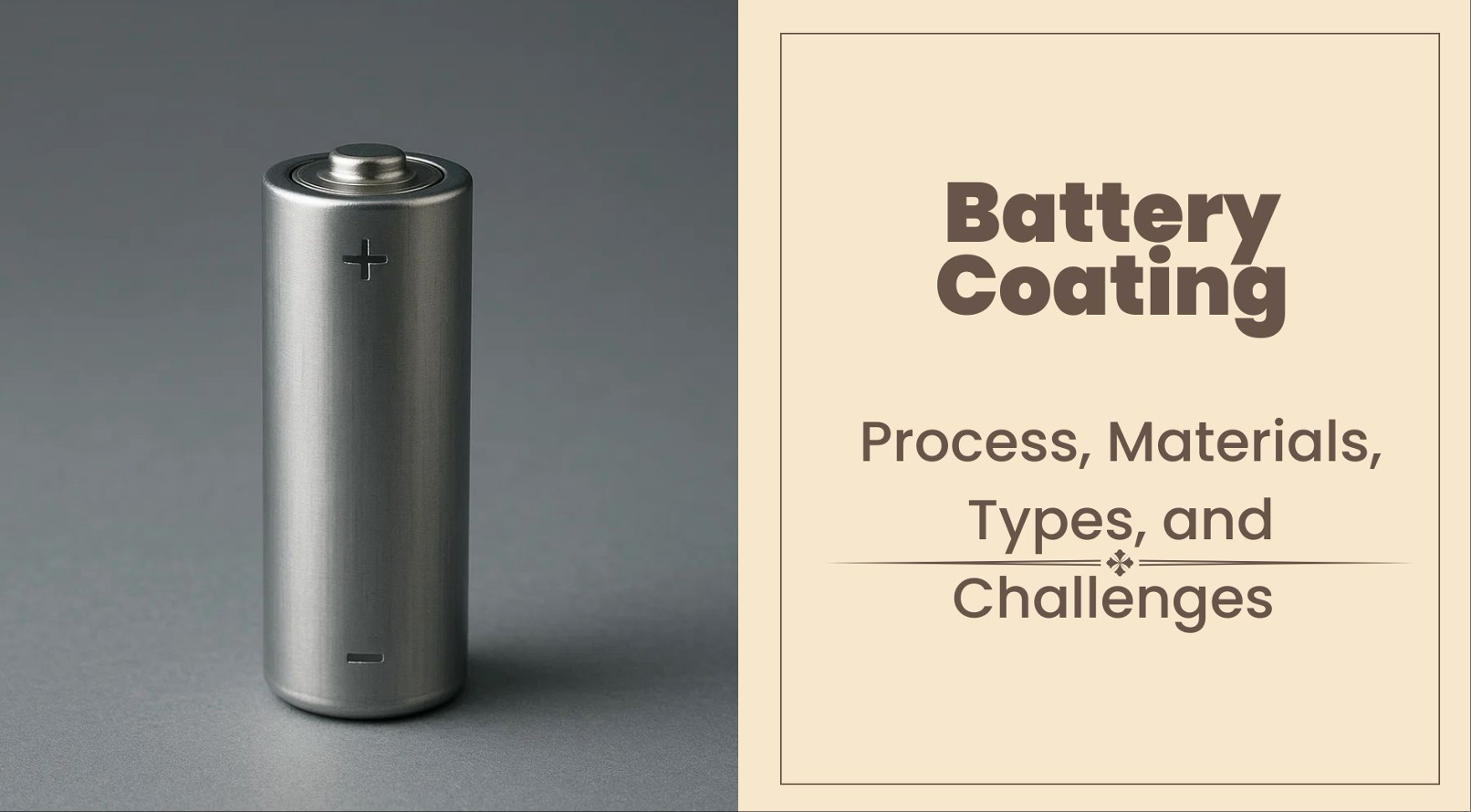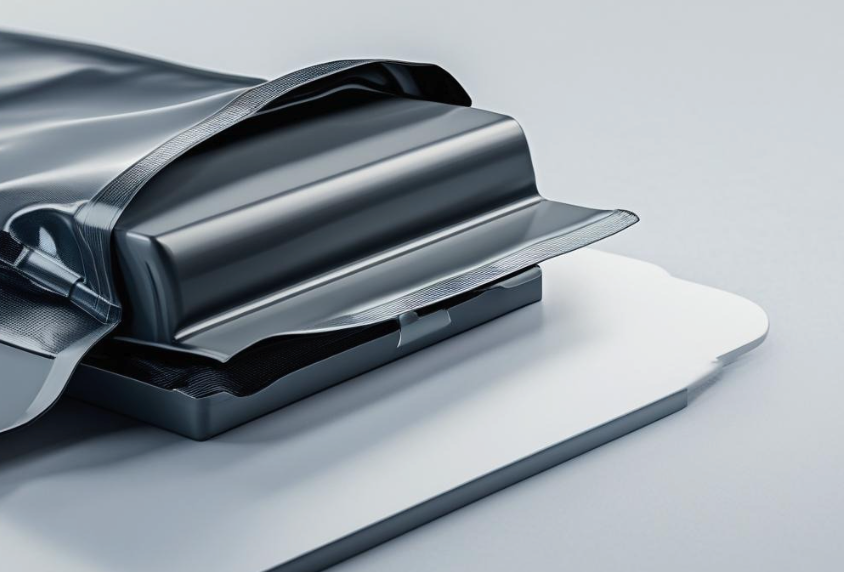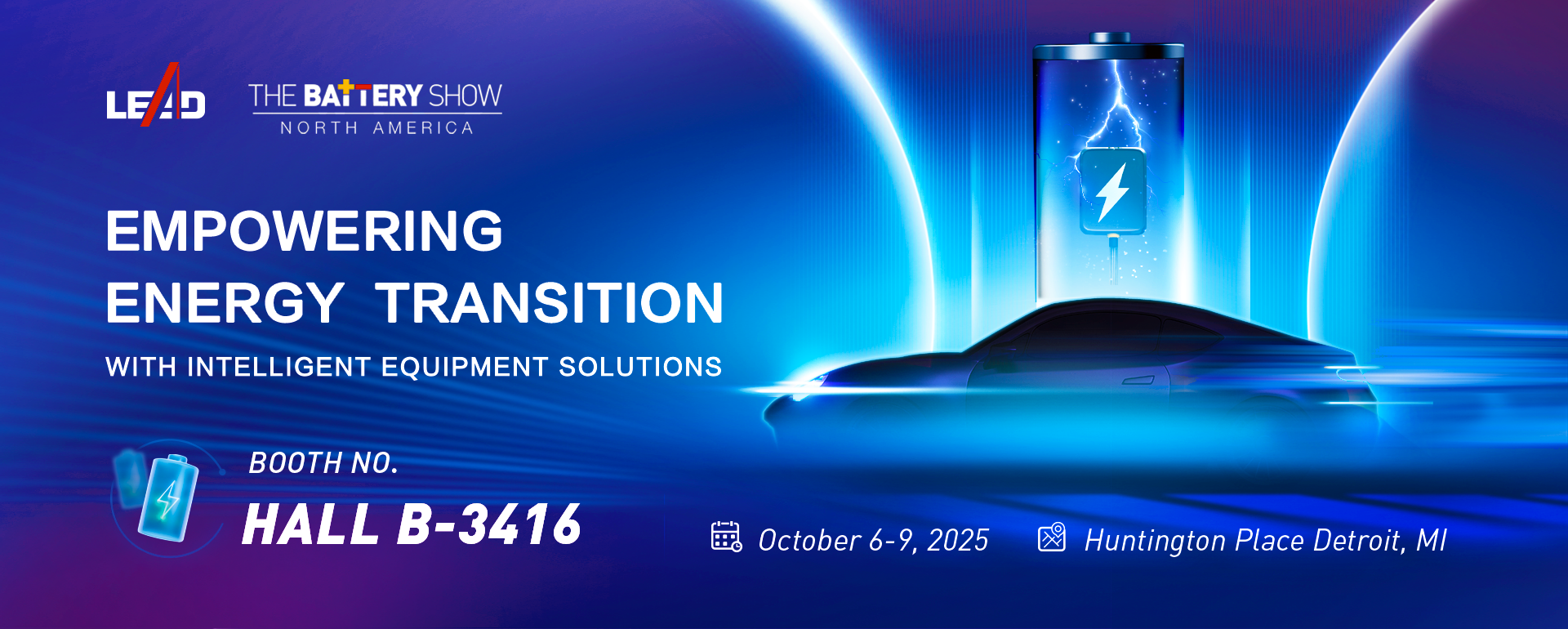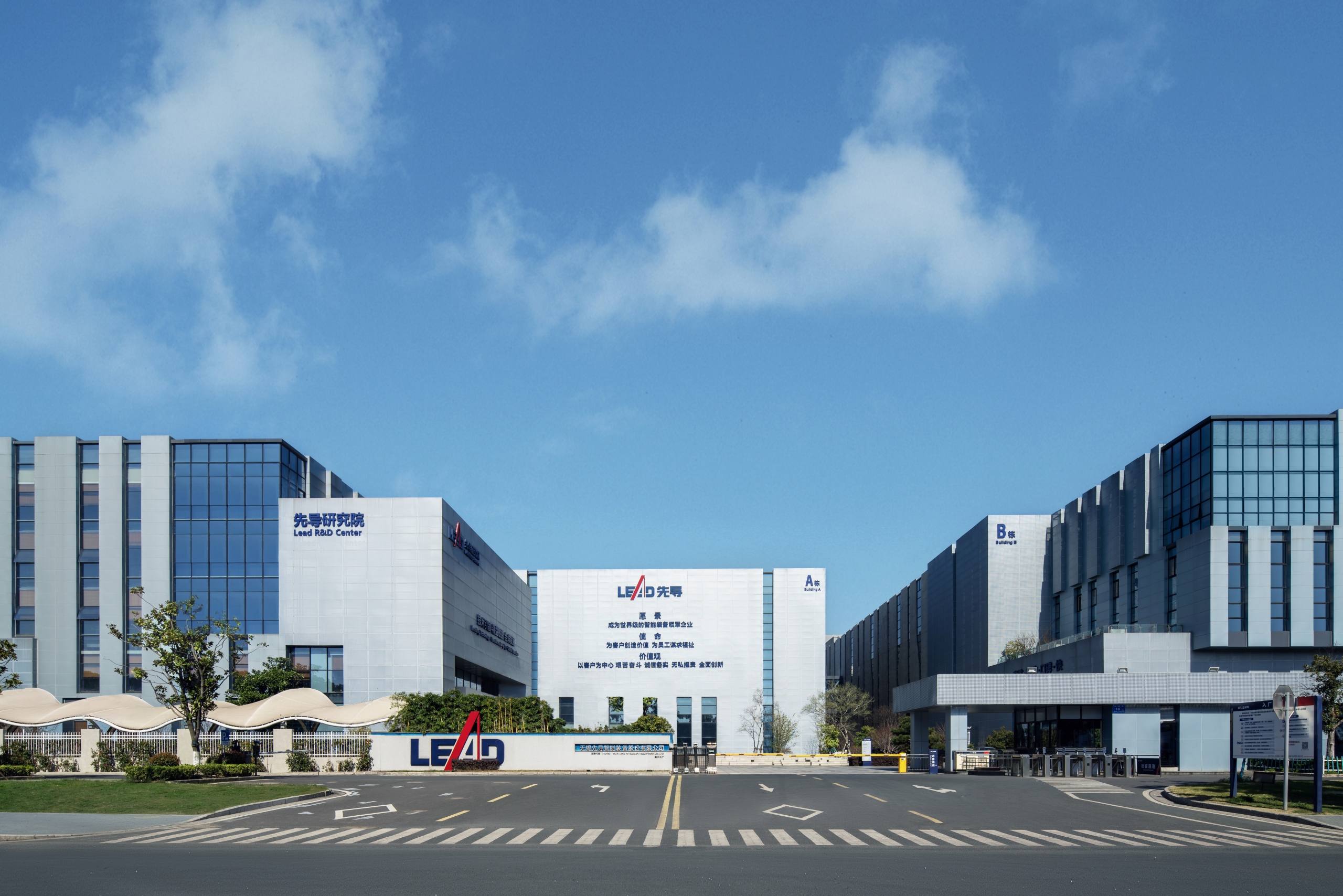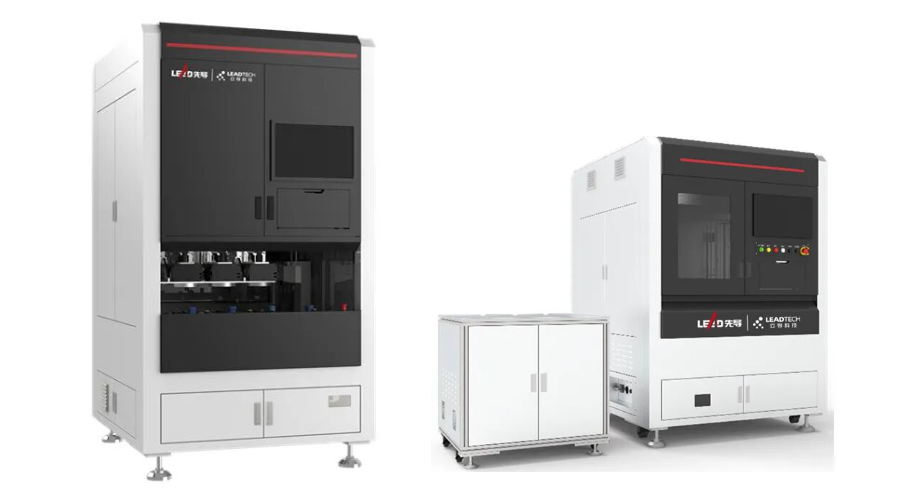Turnkey Solutions for Fuel Cell Intelligent Manufacturing

Jiangsu Hydrogen Conductive Intelligent Machine Co., Ltd. (LHCI), a Wuxi Pioneer subsidiary established in 2021, delivers complete hydrogen fuel cell manufacturing solutions. LHCI specializes in proton exchange membrane coating equipment and full production lines for PEM hydrogen fuel cell, providing cutting-edge hydrogen fuel cell technology for the clean energy transition.
LHCI’s expertise covers the entire value chain – from MEA fuel
cells assembly using precision cell manufacturing equipment, to validation with advanced cell test equipment. We enhance hydrogen fuel cell production efficiency through automated proton exchange membrane fuel cell technologies.
Having supplied automated proton exchange membrane fuel cell lines to global leaders, LHCI drives commercialization of next-gen hydrogen fuel cell systems, continuously innovating in hydrogen fuel cell technology for sustainable energy solutions.


